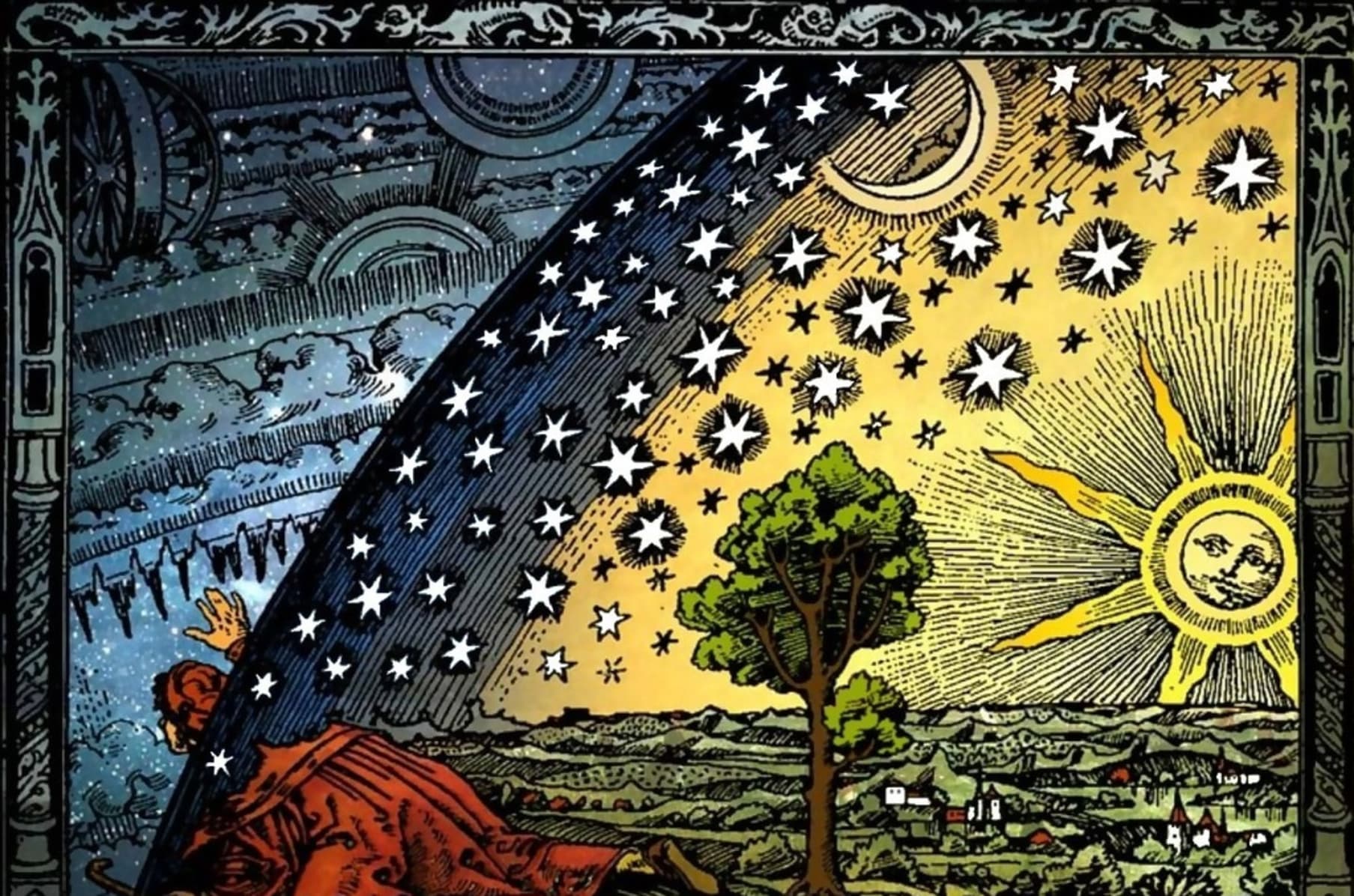Mysticism has a rich history that dates back to ancient times. It has evolved over the centuries as different cultures and religions have embraced it. The term mysticism comes from the Greek word “mystikos,” which means “to conceal” or “to keep secret.” This is because mystics often believe that the ultimate truths about the universe and the divine are hidden from “ordinary” & “normal” people and can only be accessed through direct experience by the gifted.
The earliest forms of mysticism can be found in ancient civilizations such as Egypt, Mesopotamia, and India. These early mystics sought to connect with the divine through various rituals and practices, such as meditation and prayer. They believed that the gods were present in all aspects of the natural world, and that by communing with nature, they could better understand the divine.
In ancient Greece, the philosopher Pythagoras developed a mystical philosophy that emphasized the idea of the soul and its relationship to the universe. He believed that the universe was a harmonious whole, and that the human soul could achieve a state of unity with the divine by understanding the mathematical principles that govern the universe.
In the Middle Ages, mysticism became more closely associated with Christianity. Christian mystics, such as St. John of the Cross and St. Teresa of Avila, sought to achieve a direct experience of God through contemplation and prayer. They believed that the human soul was capable of transcending the material world and communing with the divine.
During the Renaissance, mysticism became more closely associated with the Hermetic tradition, which emphasized the idea of the unity of all things. Hermetic mystics sought to understand the hidden connections between different aspects of the universe and to achieve a direct experience of the divine through meditation and other spiritual practices.
In the modern era, mysticism has continued to evolve and adapt to new cultural and spiritual contexts. New forms of mysticism have emerged, such as New Age spirituality and the integration of mystical practices into contemporary psychology and therapy.
Today, many people are drawn to mysticism as a way to connect with something larger than themselves and to gain a deeper understanding of the universe and their place in it. Mysticism offers a way to explore the deeper dimensions of existence and to discover hidden truths about ourselves and the world around us.
Whether through meditation, prayer, or other spiritual practices, mysticism can be a powerful tool for personal growth and spiritual development. By opening ourselves to the mysteries of the universe and embracing the unknown, we can discover a deeper sense of purpose and meaning in our lives.
The best way to initiate yourself into the mysteries, schools of thought and become a student properly, is to find yourself under the wing of a known mystic mentor that carries per viam.
When the student is ready, the teacher appears.
Ancient Egypt Ancient Greece Ancient India Christianity gifted gnosis Hermetic Mesopotamia Mystic Mystical Mysticism mystikos New Age Philosphy Pythagoras Spirituality
Last modified: April 23, 2023




